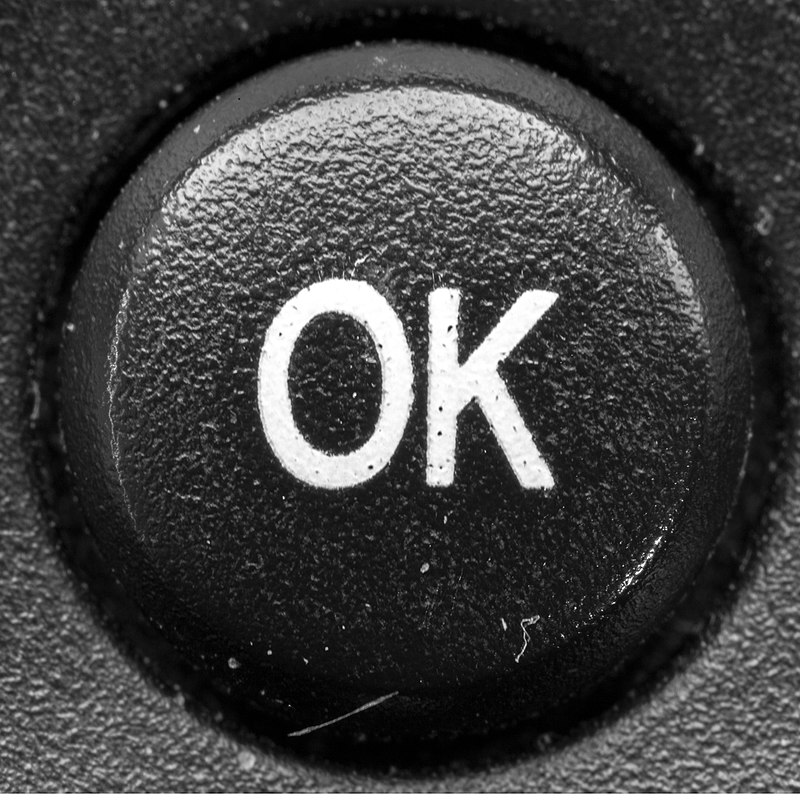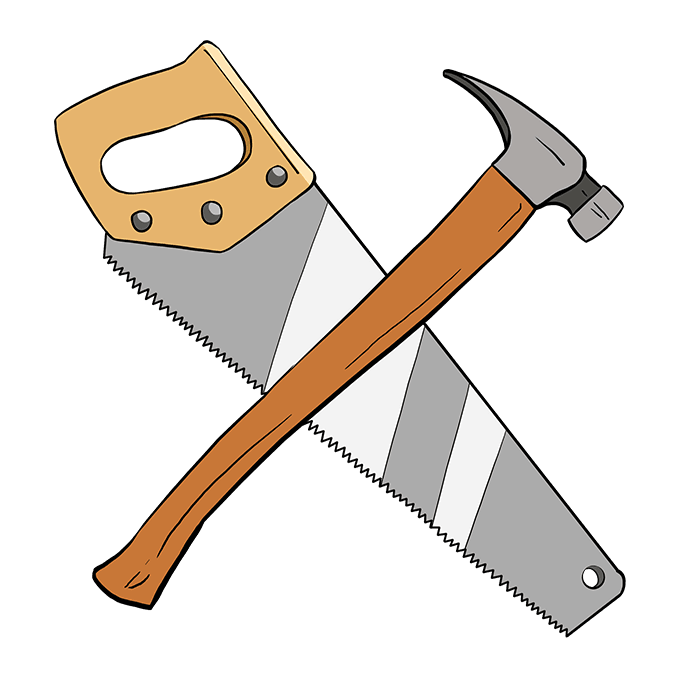here is some free and unsolicited advice. agree/disagree?
situations you will want a cordless drill:
- you are working where there is not guaranteed convenient electricity available
- you need to be extremely mobile and a cord would be hazardous or very inconvenient
- wet environments? idk
examples: rough construction, outdoors, drywall racing
benefits of a corded drill:
- no batteries to charge
- no batteries that can be stolen
- no batteries you can lose or break
- no need to plan around charging batteries
- no batteries which allow the manufacturer to twist your arm into buying a new device when the old one works just fine; less susceptible to planned obsolescence
- no batteries to weigh the tool down: lighter and more comfortable to use the tool and better balance
- tool is smaller and easier to use in cramped situations
- don't need a case, charger, extra batteries or other junk
- one less thing to go wrong; more repairable if it does
- more powerful
you are in a comm called "DIY" = you are probably always working near a power outlet and not going very far. consider a corded drill instead of mindlessly going cordless.
Make sure you get a decent extension cord. I used heatshink tubing to add an extra 6ft to my cord, that makes it long enough for many applications. Sometimes I tie on an extra one.


Oh, I did forget about gimlets. I should get me some of those.
I don’t have anything useful to add, I just want to share my own misadventures with the hand brace. I’d found a brace at a local consignment store. Good working order, no rust, I think I paid $5 for it. But I’ve never been able to find any of the bits that those chucks take. I’ve heard of braces made with a chuck that could take modern octagonal bits, but the one I’ve got needs the traditional square-shanked bit. I ended up buying modern auger bits at the hardware store, and ultimately I was able to drill a 3/4” hole through a 4x4, so it can be made to work. But it was a pain.
Last year I found a complete set of vintage bits online for $100. 13 bits, from 1/4” to 1”. But for me a hundred bucks is a lot to spend on what are ultimately specialty drill bits. Especially when I know I could go to the hardware store and buy a cheap cordless drill, a set of general purpose bits, and also auger bits for probably under $75. For me the hand brace is an aesthetic choice, not a practical one. I like that there’s no noise, I like that it doesn’t need power, I like that there’s no plastic components. But I don’t need it. I don’t need to worry about the noise, I’ve never been without electric power a day in my life, it’s a largely impractical aesthetic choice.
So I bought the bits, because what’s the point in being practical? And they came unsharpened. I need a safe-edged file to sharpen them with, but I don’t have a bench grinder, and I’ve been too lazy to borrow my old man’s. Also, I’m definitely worried I’ll ruin my bits by filing them wrong.
Tangentially, Peter Follansbee has a good blog post about some historical wooden hand braces, I wanna say from Dutch colonists from the late 17th century. If I can dig it up I’ll post a link.
https://pfollansbee.wordpress.com/2010/03/17/wooden-brace/